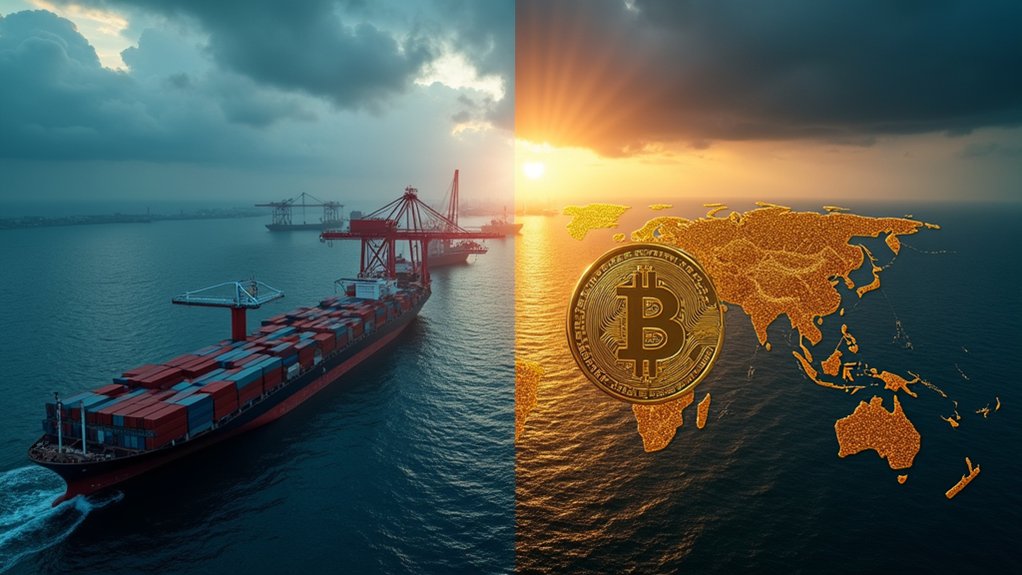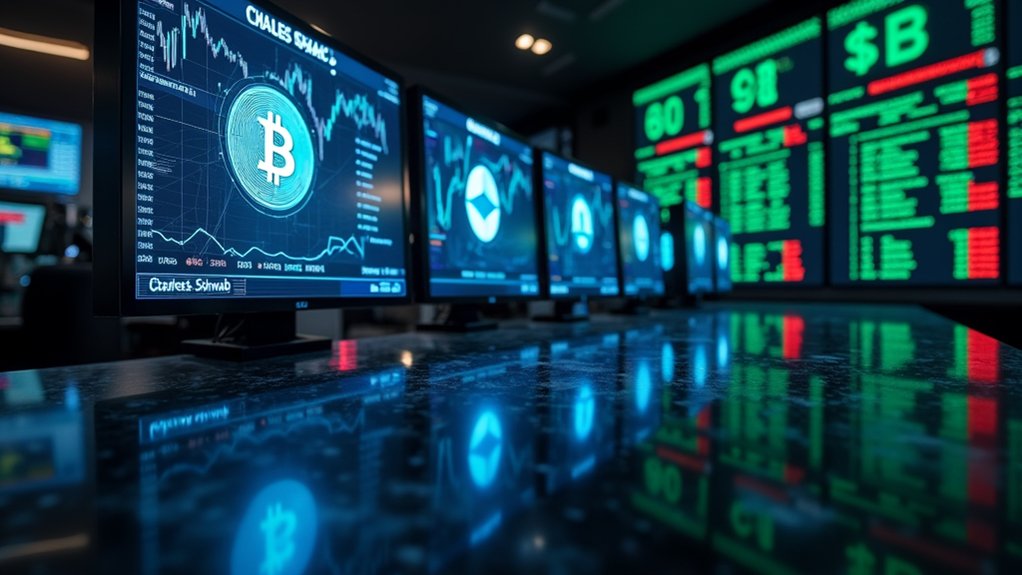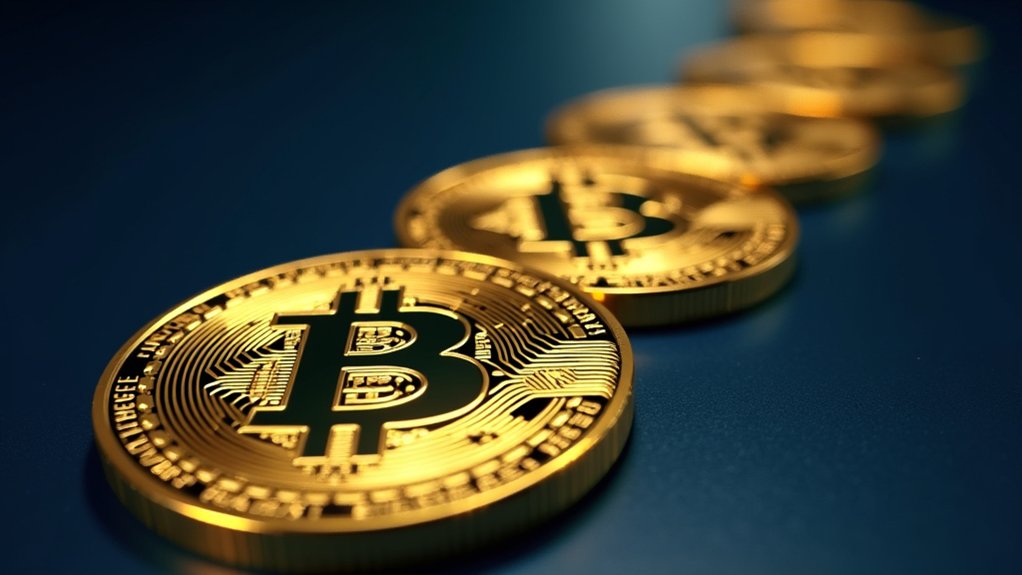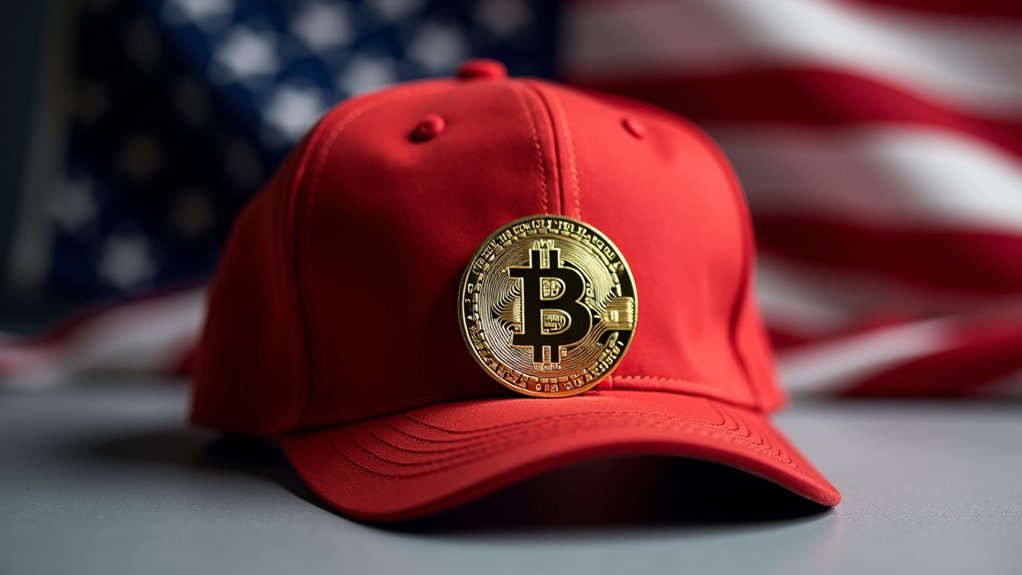While traditional assets like gold and treasuries have long dominated national reserves, Bitcoin is rapidly emerging as a formidable strategic asset in the global economic landscape. Nations can’t ignore it anymore. With its fixed supply of 21 million coins, Bitcoin creates actual scarcity—something governments with their money printers find utterly foreign. This scarcity drives long-term value, plain and simple.
Bitcoin isn’t just digital money—it’s scarcity in a world where governments print endlessly.
Look around. The U.S. has already established a Strategic Bitcoin Reserve. China and Middle Eastern countries aren’t far behind. Why? Because Bitcoin’s decentralized nature reduces manipulation risks. No single entity controls it. Transparency built right into its blockchain. What a concept.
Trade wars are getting ugly. Countries need alternatives, fast. Bitcoin provides that neutral cross-border infrastructure when nations are busy slapping tariffs on each other. It’s the financial equivalent of Switzerland in a world of increasing hostilities. Countries vulnerable to trade volatility are catching on. The U.S. government’s commitment to retain 200,000 BTC has created a new paradigm for sovereign digital asset holdings. They’re using Bitcoin to bypass traditional systems, avoid sanctions, and settle international trade without touching the dollar. Smart move.
The institutional players aren’t sitting this out either. Pension funds, endowments, corporations—they’re all dipping their toes in. Sovereign wealth funds are evaluating Bitcoin as part of long-term strategies. The reduced regulatory uncertainties help. These big players need clear rules, and they’re finally getting them. The Proof-of-Work consensus ensures transactions remain secure even as institutional adoption increases.
Bitcoin shines brightest during financial instability. When central banks print money like there’s no tomorrow, Bitcoin’s fixed supply looks pretty attractive. It’s digital gold without the storage headaches. The institutionalization of cryptocurrency occurs as traditional finance integrates with Bitcoin reserves, creating broader economic stability. Countries with unstable banking systems find particular value here. A decentralized reserve alternative? Yes, please.
Regulatory challenges remain, obviously. The EU’s MiCA framework is trying to bring order to the crypto wild west. Money laundering concerns persist. But the trajectory is clear. Bitcoin isn’t just some internet money anymore—it’s becoming the world’s most strategic asset in an increasingly chaotic global trade environment.





